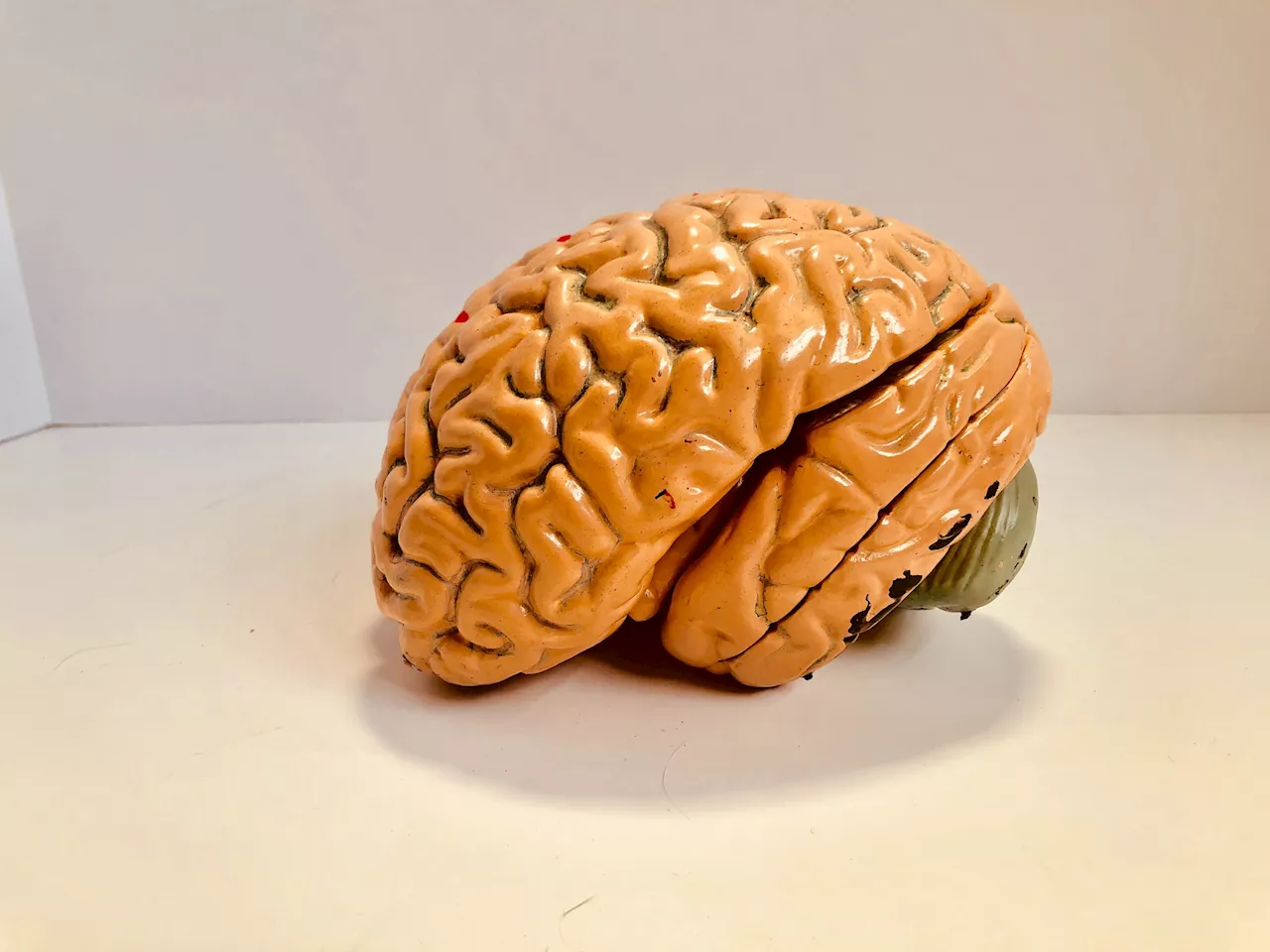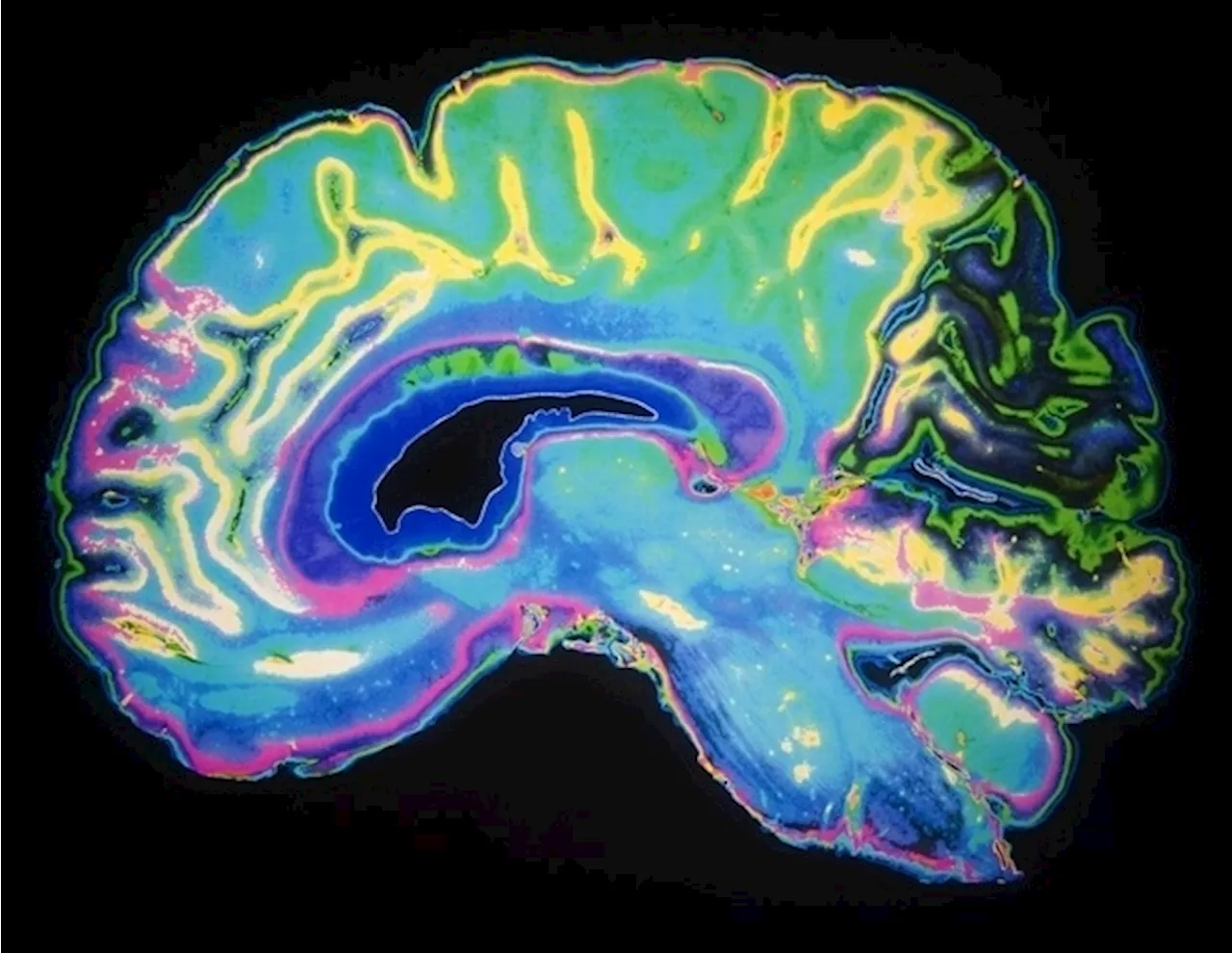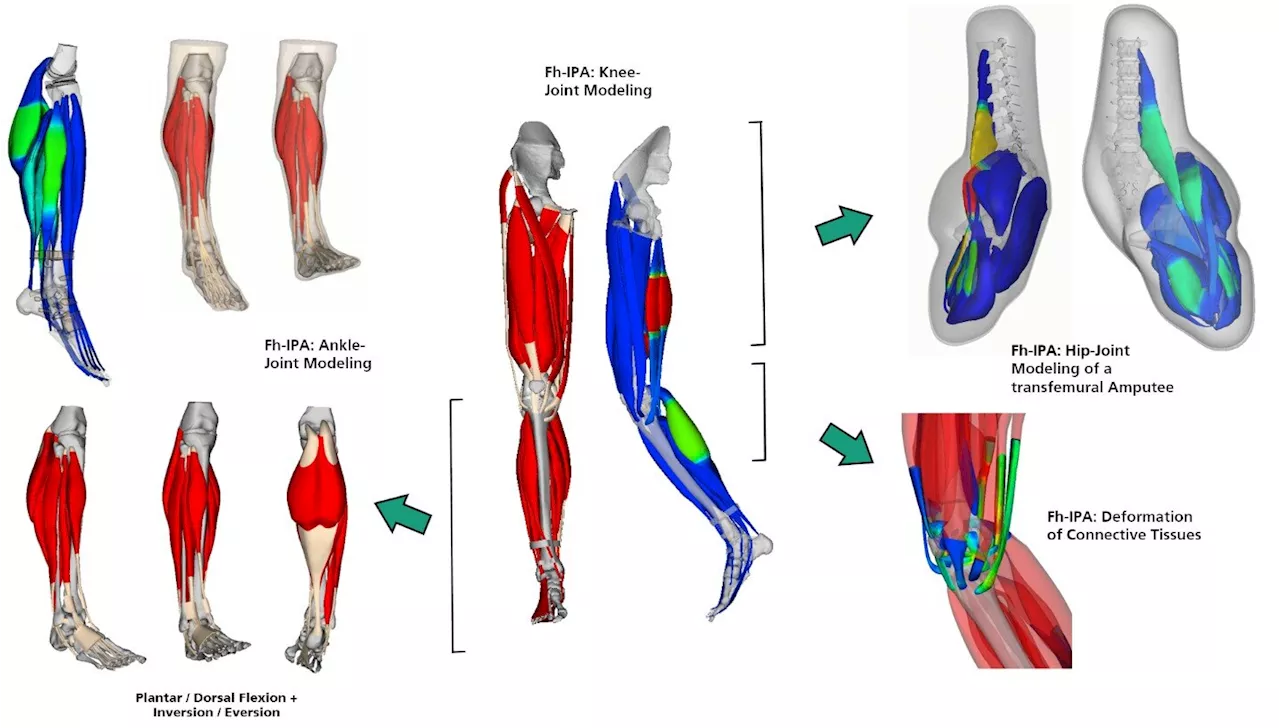Researchers have found evidence that dopamine release in the human brain can encode both reward and punishment prediction errors, providing insights into the role of dopamine in learning and behavior.
In the mammalian brain, midbrain dopamine neuron activity is hypothesized to encode reward prediction errors that promote learning and guide behavior by causing rapid changes in dopamine levels in target brain regions. This hypothesis (and alternatives regarding dopamine’s role in punishment-learning) has limited direct evidence in humans. We report intracranial, subsecond measurements of dopamine release in human striatum measured, while volunteers (i.e.
, patients undergoing deep brain stimulation surgery) performed a probabilistic reward and punishment learning choice task designed to test whether dopamine release encodes only reward prediction errors or whether dopamine release may also encode adaptive punishment learning signals. Results demonstrate that extracellular dopamine levels can encode both reward and punishment prediction errors within distinct time intervals via independent valence-specific pathways in the human brai
Dopamine Reward Prediction Errors Punishment Learning Human Brain Neuroscience
United Kingdom Latest News, United Kingdom Headlines
Similar News:You can also read news stories similar to this one that we have collected from other news sources.
 Researchers highlight benefits of sharing human brain dataIn recent years, the scientific community has seen a push for more findable, accessible, interoperable, and reusable (FAIR) neurophysiology data sharing.
Researchers highlight benefits of sharing human brain dataIn recent years, the scientific community has seen a push for more findable, accessible, interoperable, and reusable (FAIR) neurophysiology data sharing.
Read more »
 The autism-linked gene SYNGAP1 could impact early stages of human brain development, study revealsThe gene SYNGAP1, the variants of which are top risk factors for Autism Spectrum Disorder (ASD), has previously unappreciated effects on the developing brain, according to a new study published in Nature Neuroscience.
The autism-linked gene SYNGAP1 could impact early stages of human brain development, study revealsThe gene SYNGAP1, the variants of which are top risk factors for Autism Spectrum Disorder (ASD), has previously unappreciated effects on the developing brain, according to a new study published in Nature Neuroscience.
Read more »
 New virtual brain bank creates a powerful resource for research on epilepsy, brain tumorsA new virtual brain bank spanning five Chicago academic medical centers and led by University of Illinois Chicago will create a powerful new resource for clinical care and research on epilepsy, brain tumors and neurological disorders.
New virtual brain bank creates a powerful resource for research on epilepsy, brain tumorsA new virtual brain bank spanning five Chicago academic medical centers and led by University of Illinois Chicago will create a powerful new resource for clinical care and research on epilepsy, brain tumors and neurological disorders.
Read more »
 – so why is the country's ambassador chairing the UN's Human Rights Council?We must stand with the women of Iran by amplifying their voices, not their oppressors.
– so why is the country's ambassador chairing the UN's Human Rights Council?We must stand with the women of Iran by amplifying their voices, not their oppressors.
Read more »
 Tailor-made implants for patients thanks to simulations using virtual human modelingPatients requiring artificial hip and knee replacements are increasingly younger. Because they are more physically active than older patients, the risk of requiring a second operation is considerably higher.
Tailor-made implants for patients thanks to simulations using virtual human modelingPatients requiring artificial hip and knee replacements are increasingly younger. Because they are more physically active than older patients, the risk of requiring a second operation is considerably higher.
Read more »